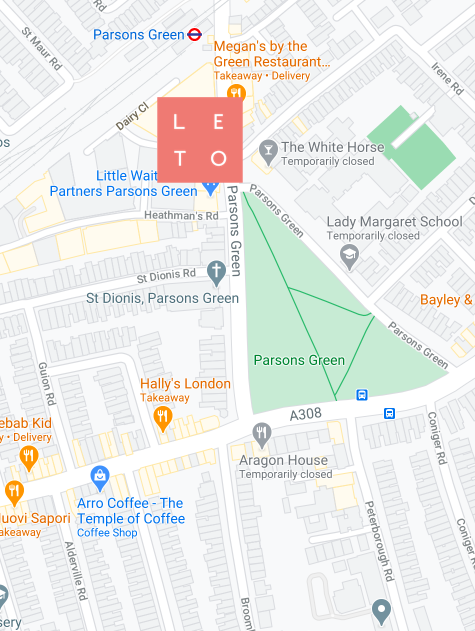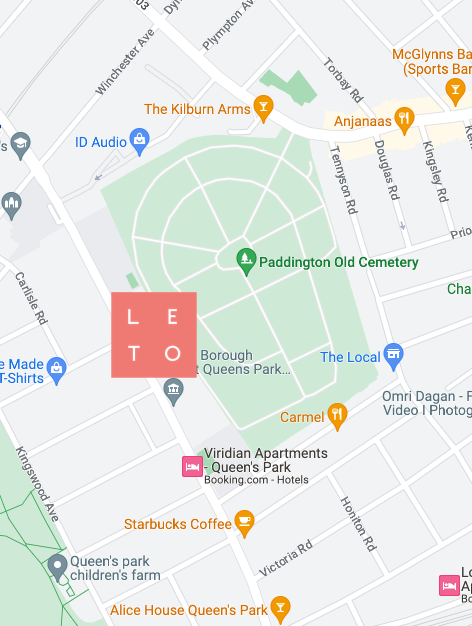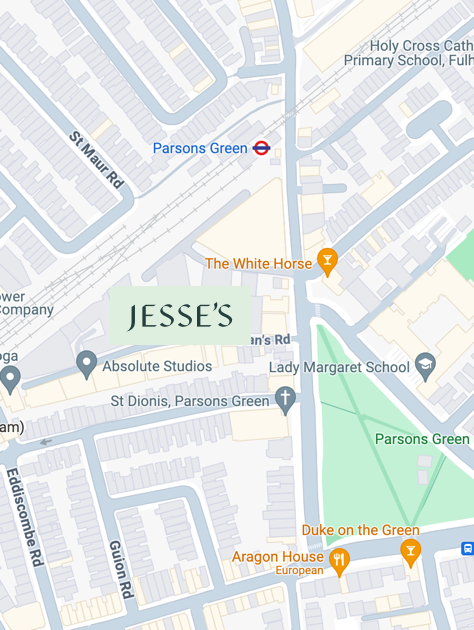
Close
Enquiry
Please see contact information below or complete the form and we will get in touch with you.

Parsons Green
3rd Floor Brigade House
8 Parsons Green
London
SW6 4TN

Queen's Park
2nd Floor
105-109 Salusbury Road
London
NW6 6RG

Jesse's House
8-10 Heathmans Road
Parsons Green
London
SW6 4TJ
Pregnancy Aches & Pains
Pregnancy-related aches and pains are common, often caused by changes in posture, muscle imbalances, and altered alignment.
What We Treat: Pregnancy-Related Aches and Pains
As your body adjusts to accommodate your growing baby, these discomforts can include hip pain, swelling in the legs and pelvic area, lower back pain, mid-back pain, tingling in the hands, and pelvic girdle pain (PGP). These conditions can interfere with daily activities, making it challenging to enjoy the experience of pregnancy, but we can help.
Pregnancy can bring about various aches and pains that impact your quality of life. The physical strain caused by pregnancy hormones, shifts in your center of gravity, and changes in muscle function can lead to discomfort in multiple areas of the body.
Pelvic girdle pain, which affects the pelvic region, is one of the most common complaints. This condition can be particularly challenging, as it affects your ability to move freely, causing pain during daily activities such as walking, climbing stairs, or even getting in and out of bed.
Other pregnancy-related aches and pains include:
- Thoracic and Upper Back Pain: Due to changes in posture and the additional weight of the growing belly, upper back pain can be a common issue. This may lead to discomfort in the thoracic spine and shoulder areas, making daily movements more difficult.
- Rib Pain: As the uterus expands, it can push against the ribcage, causing pain or tightness in the ribs. This discomfort can be sharp, particularly during twisting or bending movements.
- Sciatica: The growing uterus can put pressure on the sciatic nerve, leading to pain radiating from the lower back down through the hips and legs.
- Carpal Tunnel Syndrome: Swelling during pregnancy can compress the median nerve in the wrist, causing numbness, tingling, and pain in the hands and wrists.
- Round Ligament Pain: A sharp or stabbing pain in the lower abdomen or groin as the ligaments supporting the uterus stretch.
- Symphysis Pubis Dysfunction (SPD): Instability or pain in the pubic symphysis, which can cause discomfort while walking, climbing stairs, or even turning in bed.
- Coccyx (Tailbone) Pain: Discomfort in the tailbone area caused by increased pressure from sitting or posture changes during pregnancy.
- Headaches and Migraines: Hormonal changes, increased blood volume, and changes in posture can contribute to headaches or migraines during pregnancy.
- Foot and Ankle Pain: As pregnancy progresses, the added weight can place additional pressure on the feet and ankles, leading to discomfort. Swelling is also common, particularly later in pregnancy.
- Pelvic Organ Prolapse (POP): Some pregnant individuals may experience pelvic organ prolapse, where the pelvic organs (like the bladder or uterus) may shift or press downward, causing discomfort. This condition is more common post-birth but can show signs during pregnancy.
- Diastasis Recti: Diastasis recti occurs when the large abdominal muscles (rectus abdominis) separate during pregnancy due to increased pressure on the abdomen, leading to discomfort, particularly in the lower back or abdominal area.
- Pelvic Floor Dysfunction: Symptoms like urinary incontinence, pelvic pressure, or painful intercourse can arise as a result of weakened pelvic floor muscles during pregnancy.
Our clinic offers a tailored pregnancy care pathway designed to support you through each trimester. We provide assessments at key stages: 12, 24, and 34 weeks of pregnancy, or at any time during your pregnancy if you are experiencing discomfort. By working with you throughout this period, we aim to identify potential issues early on, helping to alleviate pain and discomfort.
Our team of expert pelvic health physiotherapists is here to help manage and alleviate pregnancy-related discomforts, ensuring that you can stay active and comfortable throughout your pregnancy journey. Whether it’s hip pain, back pain, or pelvic girdle pain, we are here to guide you toward better health and comfort. For more on how we can help, please explore the Pelvic Partnership’s guide on PGP.

Pregnancy Care Treatment Options
Our comprehensive pregnancy care pathway includes thorough assessments and a personalized approach to managing pain and discomfort. We aim to relieve your symptoms and ensure you maintain a high quality of life throughout your pregnancy. Our treatment options include:
- Manual Pelvic Physiotherapy: Techniques that target tension, improve mobility, and restore function to the pelvic region. This is essential for addressing pain and dysfunction in the pelvic region and lower back.
- Education: Learn about the changes your body is undergoing during pregnancy and how to manage common pregnancy symptoms effectively. This education empowers you to make informed decisions about your care and movement.
- Pelvic Floor Muscle Training: Includes real-time ultrasound to ensure correct techniques for pelvic floor exercises, helping you strengthen this important muscle group to prevent further discomfort and complications.
- Lifestyle Advice: Tailored advice on improving posture, reducing strain, and modifying your daily activities to enhance comfort and alleviate symptoms.
- Support Devices: We provide stability aids such as pelvic support belts and braces to relieve discomfort and improve mobility. These can make a significant difference in managing PGP and other pregnancy-related pains.
- Prescriptive Exercises: A series of targeted exercises to address pain areas and prevent the recurrence of discomfort. These exercises are personalized to your condition and the stage of your pregnancy.
We specialize in treating pelvic girdle pain and are a trusted provider through The Pelvic Partnership, helping women stay active and comfortable throughout their pregnancy. For further information on managing pelvic girdle pain, visit The Pelvic Partnership.
assess > restore > transform
Scars & Tears After BirthEnquiry
Please see contact information below or complete the form and we will get in touch with you.

